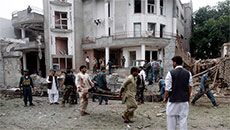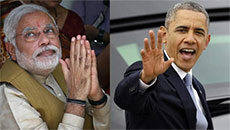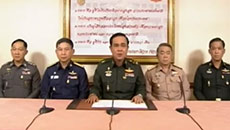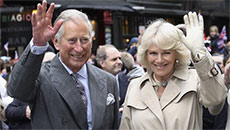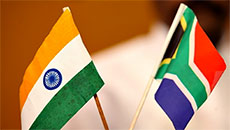A Pakistani high court has granted pardon to the husband of the singer Ghazala Javed, who had killed her two years ago after he was forgiven by the family, media reported Friday.
The husband was sentenced to death in December last year.
The young artist had become a symbol of women's resistance and the music of the Pashtun community in the face of fundamentalism, so her murder and that of her father generated much anger in the Asian country.
According to local media, the lawyers of the murderer presented documents in the high court of the northwestern city of Peshawar Thursday confirming that the mother and siblings of the singer had reached an agreement according the Islamic law of 'diyat'.
This tradition, also known as 'blood money', states that a criminal can be pardoned even after being sentenced for violent crimes if the victim's family comes to an agreement to forgive him, normally in exchange for money.
The Human Rights Commission of Pakistan (HRCP) recently criticised this rule which encourages the persistence of the so-called honour crimes that last year cost the lives of some 900 Pakistani women, according to official records.
The young singer, who was 24 years old, was shot dead along with her father by some unidentified assailants in June 2012 while she was leaving a beauty salon in Peshawar.
Right from the start, the police suspected her husband of being behind the murder.
According to local media, her husband forced Ghazala to stop performing after marriage because of which she expressed her intention to divorce him.
Women engaging in public activity violates the strict moral code prevailing in a large part of Pakistan.
A judge from the district of Swat to which Ghazala belonged pronounced the death sentence for her husband after it was proved that the accused was behind the shooting that also wounded the artiste's sister.
Ghazala had to flee from the Swat region to the nearby city of Peshawar after being threatened by Islamist radicals.
She got married there in 2011.
Before her death, Ghazala had gained popularity with television appearances and a dozen albums that earned her recognition from the artist community of the Pashtun language.
